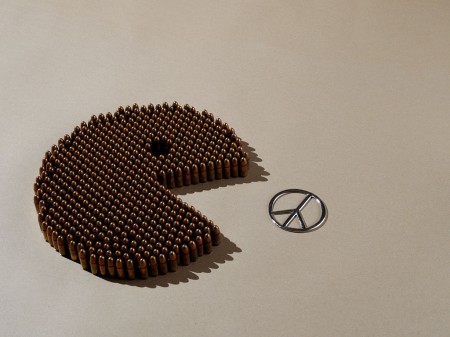
Mediation Perspectives is a periodic blog entry provided by the CSS’ Mediation Support Team and occasional guest authors. Each entry is designed to highlight the utility of mediation approaches in dealing with violent political conflicts.
Most armed conflicts since the end of the Cold War have been civil wars. In contrast to wars between states, civil wars last longer – on average for seven to ten years – and usually end in some kind of settlement. Such settlements can result in mere ceasefires or, in more ideal cases, power-sharing agreements and genuine attempts to deal with the root causes of conflict. Yet one in two civil war settlements fail and violence reoccurs. Today’s blog provides one explanation for why this rate is so staggeringly high – the ‘spoiler’ role played by governments.
In most cases, peace deals in civil wars are signed when warring parties are weak, particularly the government. Military stalemate, exhaustion, and external pressure may encourage belligerents to settle at the negotiating table. Under such circumstances, a settlement is likely to be a compromise that still threatens some actors’ power, worldview and interests. As a result, they may try to undermine or ‘spoil’ the agreement in a way that allows them to reap the benefits they consider favorable, while not paying its designated price. The benefits may include retaining state power, gaining international or domestic recognition for committing to peace, continued exploitation of resources, and maintaining patronage networks, among many others.
Given these benefits, the underlying reasons why peace deals aren’t complied with are thus plentiful. Yet the media, as well as academia and its ‘spoiler theory’, all too often focus on the violent breaches of a peace and attribute blame to the rebel group. But since being a ‘spoiler’ works both ways, we’re left with a glaring question: How do governments impede or violate peace agreements and what non-violent means do they employ towards that end?
